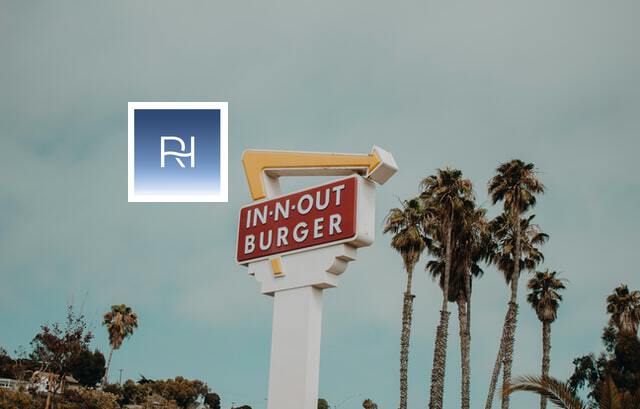What I’m Reading
In N Out: Starwood is throwing in the towel on the mall business, selling 22 of the 30 malls that it owned before COVID and taking a loss in order to get out from underneath approximately $2 billion in CMBS debt. Essentially, Starwood decided that they will no longer throw good money after bad in a dying sector:
“With further deterioration caused by Covid, committing substantially more capital required to successfully reposition many of our assets became unviable at our existing cost basis,” Mark Deason, a Starwood managing director, said in an emailed statement.
Starwood also announced that it is making a rival bid for industrial REIT Monmouth Real Estate Investment Corp. The bid could upend the company’s plans to be acquired by Sam Zell’s Equity Commonwealth. It’ll be interesting to see if Zell sweetens the pot or decides to walk away with the $62MM termination fee that Monmouth would be on the hook for in the event that they walk. Bloomberg
Trees Don’t Grow to the Sky: Remember when Lumber was the hottest topic in the investment world earlier this spring and was being cited as evidence of non transitory inflation? Prices have fallen off a cliff and are now down over 50% from the peak. The decline in the futures market is still working its way into the supply chain but has to be a welcome change for developers who have faced relentless cost pressures. Fortune
Sticker Shock: The Bureau of Labor Statistics’ consumer price index jumped 0.9 per cent last month from May, up 5.4 per cent over June 2020. While this a big headline number it helps to remember that we are in a period of exaggerated “base effects”, which cause year-over-year increases to look outsized given the collapse in activity at the height of the pandemic last year.
A look under the hood reveals some interesting components continuing to drive the surge. The bulk of the move is coming from the insane used car market which is now up 45% YoY. Energy and travel are up 4.5% and 7.9% YoY respectively.
IMO, the most interesting part of the report was that owners’ equivalent rent (OER), the largest and most sticky component of CPI was up “only” 2.3% YoY which is substantially lower than what we have been hearing and seeing in the market. I would anticipate that we will see OER rise substantially in the coming months while supply chain issues begin to resolve bringing sectors like used car prices back to earth. Financial Times
Synergy: Universities are forming partnerships with co-working operators to tap into new revenue streams and allow tenants access to school resources. The move seems like a win-win to me. Schools are able to monetize excess capacity in their real estate facilities while businesses can tap into university resources and bring more innovation to campuses. Globe Street
Concentrated Risk: A startup is attempting to create something that U.S. real-estate executives say doesn’t exist in their industry today: a public company that owns only one property. ROX Financial LP is attempting an IPO for a 146,000 sf Bay Area Amazon warehouse that it owns. I can’t figure out why anyone would take this bet when you could buy a well diversified REIT like ProLogis or First Industrial. Forgetting the lack of diversification for a minute, REIT regulatory burden alone seems as if it would be so dilutive to returns as to be cost prohibitive. (h/t Steve Sims) Wall Street Journal
Chart of the Day
Source: George Pearkes
WTF
Hamburglar: A man who has been caught on video surveillance cameras is wanted by police for stealing no less than seven Ronald McDonald House donation boxes because Florida. Tampa Free Press
That’ll Show ‘Em: A 74-year-old man shut down the Fort Lauderdale Airport on Saturday when he told an Air Canada agent he had a bomb in his bag after learning that he would have to pay for his carry-on item because Florida. MSN
Basis Points – A candid look at the economy, real estate, and other things sometimes related.
Visit us at RanchHarbor.com





